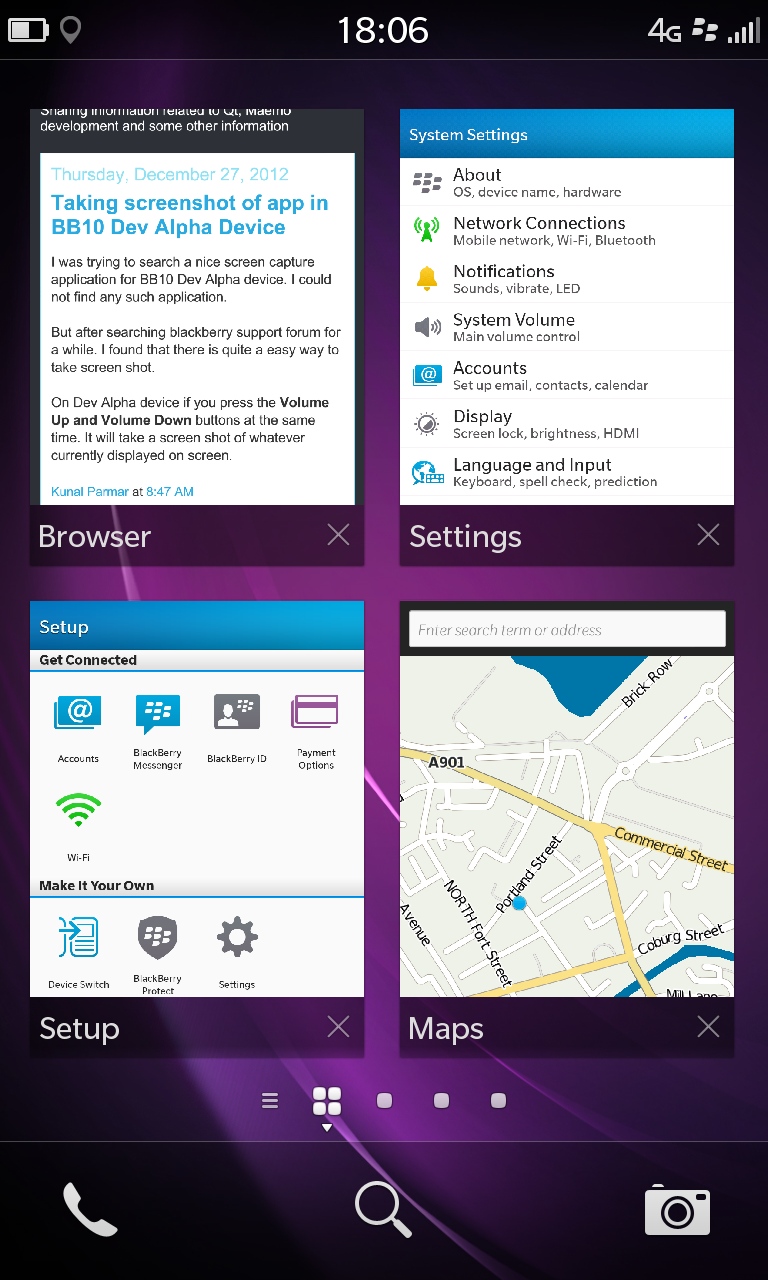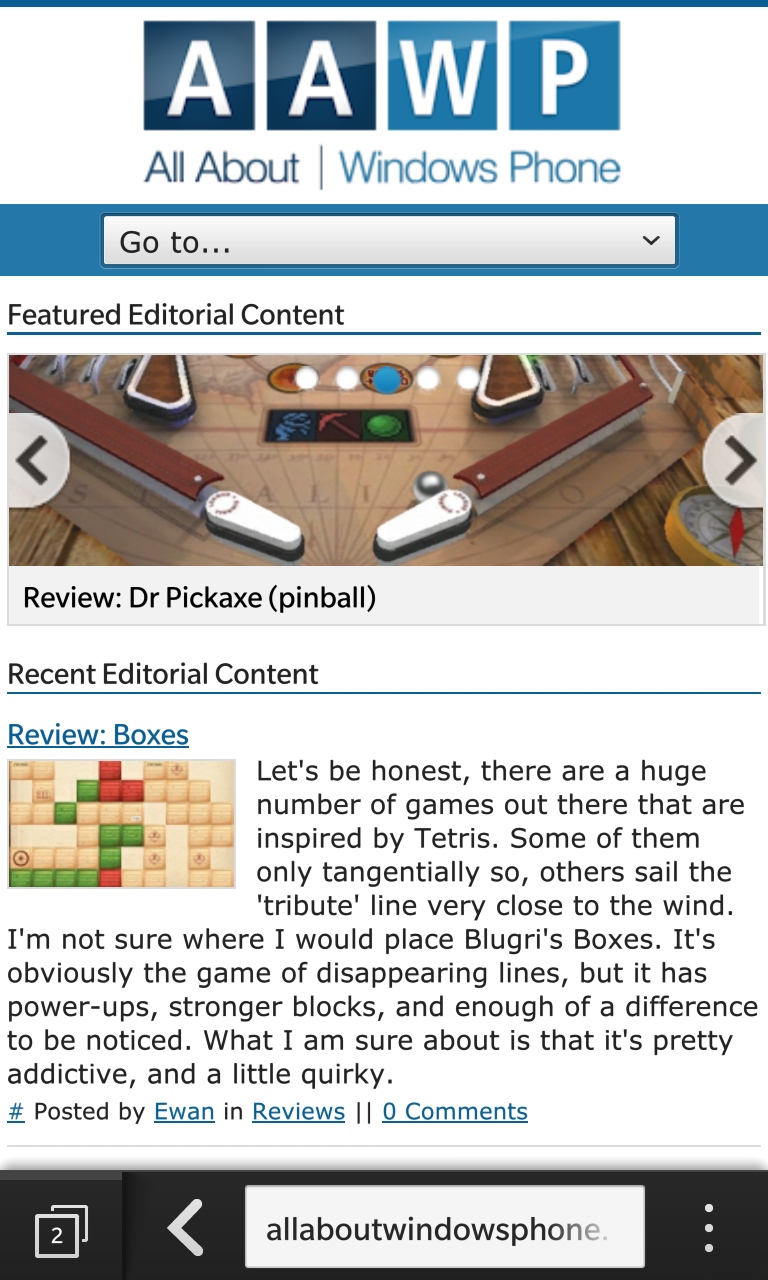

The Microsoft versus BlackBerry argument comes down to the key characteristics of the respective platforms. BlackBerry has performed strongly in the emerging markets in recent years because of strong messaging and low-data areas offerings. From a technical point of view, some of this eroded by the absence of BIS from BlackBerry 10. But, given that technology and mobile networks have moved on, does the absence of BIS really makes a practical difference? As Fairweather points out the issue may be as much emotional as technical:
When I talk to BlackBerry customers about the end of BIS, the reaction I see is naked fear, not rational disappointment. Horror stories of people leaving the BIS fold only to be hit with enormous bills for data are a standard trope among BlackBerry loyalists. These customers feel betrayed and abandoned by the brand.
Microsoft, by contrast, has less legacy factor built into its mobile offerings, in part because it started from a clean state with Windows Phone. The cost of that approach was that Windows Phone only really became enterprise mature with version 8 of the platform. Moreover, Microsoft has their desktop and cloud offerings, which allows Windows Phone more time to expand and reach a self-sufficient user base. As Fairweather argues these offerings complement a modern smartphone and extend the capabilities of the handset:
Compared to BB10, Windows 8 is a clean slate, and one that meshes neatly with Microsoft's new desktop and "cloud" offerings. It has huge momentum in the corporate market and a six month head start on BlackBerry (Windows 8 was released in October last year).
So where are Microsoft and Blackberry likely to end up? Fairweather conclude by saying:
Given its deeper pockets and richer ecosystem Microsoft is the safer bet to take the number three spot in the medium to long run. BlackBerry is likely to live on as a niche provider to those paranoid about snooping and in those countries where its brand is still strong. One thing is certain though: short of a miracle, BlackBerry's glory days are all in the past.
